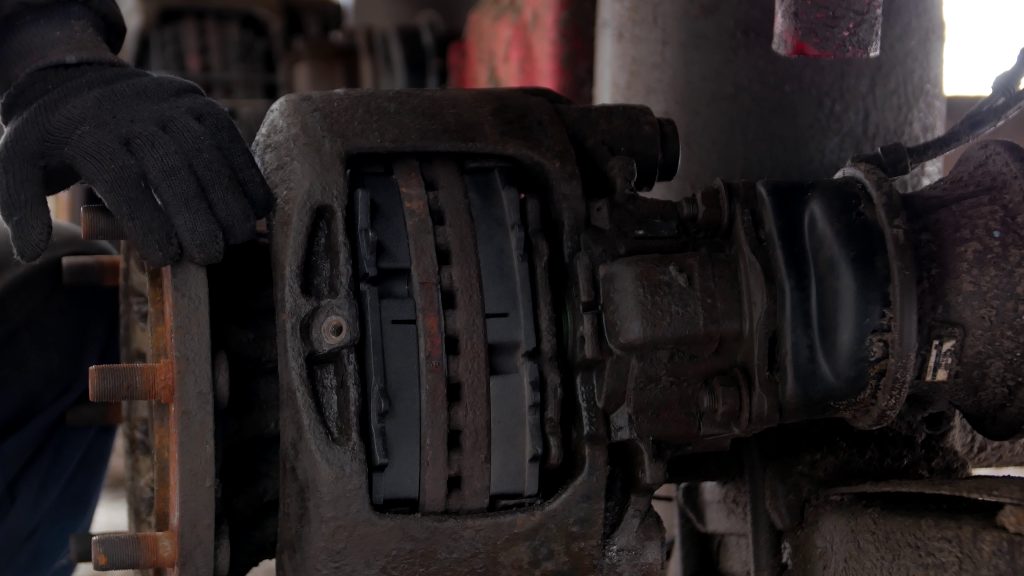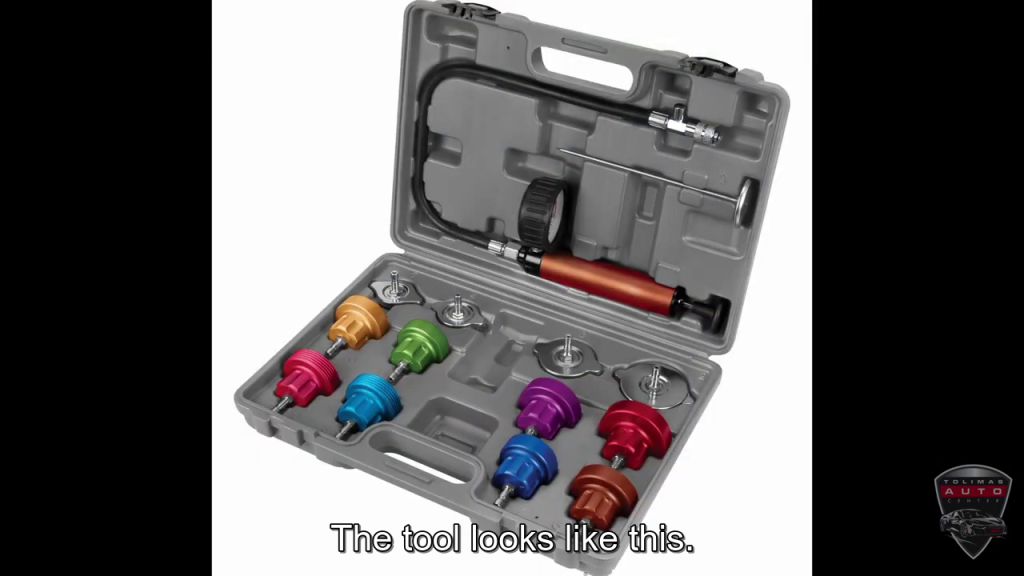The F15 BMW X5 , was produced from 2013 to 2018, and is the third generation of BMW’s flagship luxury SUV. These are pretty popular cars among our customer base. However, like any vehicle, it has its share of common problems that owners and prospective buyers should be aware of. In this blog post, we’ll explore the most common issues Tolima’s Auto Center sees with the F15 BMW X5 , with our customer vehicles to help you make an informed decision when you are looking to buy one or have yours maintained by your trusted mechanic.
Common Problems with the F15 BMW X5
While the F15 generation is generally more reliable than its predecessor (the E70), we have seen several recurring issues. Below are the most common problems we have seen across various F15 models.
Common Engine Issues
- Turbo Charger Failures : Models equipped with turbos often experience turbocharger issues, such as oil leaks, worn bearings, or damaged turbine blades.
- High Oil Consumption : Turbocharged engines, especially the S63 V8 in the X5 M, are known for higher-than-average oil consumption. Regular oil checks and maintenance are essential to prevent long-term damage.
- Oil Leaks : Owners of the xDrive35i frequently report leaks from the valve cover gasket, oil filter housing, and oil pan. These leaks can lead to engine performance issues if not addressed promptly.
- Valve Seal Failures : Particularly on V8 engine equipped models the valve seals fail prematurely causing oil to pour into the cylinders as the valve open or close. This causes misfires and emission systems damage. This is pricey repairs as the engine bays are cramped and very time consuming. The easiest way to tell the valve seals are failing is if you see puffs of purple/black smoke out the exhaust pipe when you jab the throttle pedal.
How to Prevent Engine Issues
In our opinion the BMW 10,000 mile recommended oil change intervals are too long and causes excessive engine wear. We recommend changing the oil every 3,000 to 6,000 miles depending on how hard you drive your BMW car. We see these common pattern failures with customers that follow the 10,000 oil change intervals.
Transmission Issues
The F15 X5’s 8-speed automatic transmission is generally smooth but can develop issues, especially in higher-mileage vehicles.
- Slipping or Jerking : Customers come into our shop regularly because of transmission slipping or jerking during gear changes. This can result from worn transmission fluid, software glitches, or mechanical wear.
- Mechatronic Unit Failures : The mechatronic unit, which controls gear shifts, is prone to faults, leading to erratic shifting or complete transmission failure.
How to Prevent Transmission Problems
BMW will tell you that their transmissions have lifetime fluid, because frankly BMW wants you to reach 80,000 to 100,000 miles then have transmission issues and trade in your BMW for a new one.
If you want your transmission to last, we recommend you change the transmission fluid every 50,000 miles to help your transmission last as long as possible.
There are also software updates that slightly change the parameters on how your computer controls the transmission and a transmission update can help your transmission adapt as components wear inside your transmission.
Electrical System Issues
- Battery Drain: Parasitic battery drain is a common complaint, often caused by electronic systems drawing power when the vehicle is parked. Symptoms include difficulty starting the car and dim lights when you leave your car parked for a few days.
- Central Locking Malfunctions: Faulty actuators or wiring can cause the central locking system to fail, leaving doors unresponsive to key fob commands.
- Automatic Tailgate Issues: The automatic tailgate, a standard feature on most F15 models, can stop working due to a faulty latch or other electrical issues.
What You Can Do To Prevent Electrical System Issues
BMWs are very sensitive to low voltage so if you have parasitic battery drain it is best to diagnose and fix the issue as soon as possible to prevent other electrical systems from developing issues due to low voltage.
Engine Cooling System Failures
The cooling system is critical for preventing engine overheating, but it’s a common trouble spot in the F15 X5because BMW loves to overuse fitted plastic hoses instead of traditional rubber hoses that most other car makes use.
- Water Pump and Thermostat Issues: This generation BMW X5s often experience water pump or thermostat failures as they get close to 100,000 miles, leading to fluctuating engine temperatures and potential overheating.
- Coolant Leaks: Radiator and plastic hose leaks are also frequent, particularly as the vehicles go over 80,000 miles.
How You Can Prevent Cooling System Failures
Have the coolant tested for acidity to make sure it isn’t degrading the plastic coolant system components and sealing rings.
If the coolant is becoming acidic then a coolant flush can be performed to make sure all the plastic coolant components don’t fail prematurely.
If you see coolant leaks it is best to bring your BMW in for us to address the leaks as soon as possible. As coolant leak issues tend to cascade into bigger problems and if you overheat your engine and warp your heads or block it can lead to very costly repairs.
Other Miscellaneous Things to Look Out For
Air Bag Leaks: On models equipped with air bags, they are prone to leak with age and they are expensive to replace and troubleshoot.
Sun Roof Drain Leaks: Debris such as dust and leaves accumulate in the sun roof drains and creates clogs. Then rain water will drain slowly which can overflow and get stuck in the headliner damaging it or it can leak down and damage electrical components.
Broken Sun Roofs- Many customers come to our shop and tell us that they just bought their pre-owned BMW and that the sunroof is broken and they want an estimate to repair it. This is a big job with lots of labor hours as most of the interior has to be carefully disassembled and then put back together. Don’t buy a pre-owned BMW with a broken sun roof unless you get a BIG discount off the seller’s asking price because it isn’t going to be cheap to fix!
Tips for Buying or Maintaining a Used F15 BMW X5
If you’re considering a used F15 BMW X5 , follow these tips to avoid costly surprises:
- Check Maintenance Records : Ensure the vehicle has a well-documented service history, especially for oil changes and transmission fluid replacements!
- Pre-Purchase Inspection : Have us perform an inspection on the car before you buy it. If you inspect it yourself make sure to check the turbochargers, cooling system, and electrical components for issues. If you have access to a dealer lever scan tool, like we do check all the modules and transmission.
- Consider Extended Warranty : Repairs on the F15 X5 can be expensive, so an extended warranty can provide peace of mind.
- Choose the Right Model : Performance models are rarely babied and they are going to need more rigorous maintenance than base or standard models.
Conclusion: Is the F15 BMW X5 Worth It?
The F15 BMW X5 remains a popular car for our customers. They drive nice, have good to amazing power, but they are still BMWs so they can be maintenance heavy vehicles as they age.
However, potential owners should be aware of its common problems , from engine and transmission issues to electrical and suspension challenges. Regular maintenance and early detection of these issues can keep costs in control.
If you’re looking to get an F15 2013-2018 BMW x5 make sure to get a PRE-PURCHASE inspection! NOT a Post-purchase inspection, as many customers come to us for us to inspect the BMW After they already bought it and we find lot’s of issues with it!
Also be prepared for the maintenance costs and prioritize a well-maintained vehicle, the F15 X5 can be a great SUV if it is well maintained and you have a mechanic with BMW dealer level scan tools and the experience to maintain and troubleshoot these vehicles. For those not willing to be strict with maintenance then a German luxury vehicle isn’t right for you. There are plenty of Asian and Domestic vehicles that are more economic to repair and maintain.
But regardless always get a Pre-purchase inspection before you buy and always feel free to reach to us @Tolima’s Auto Center.



